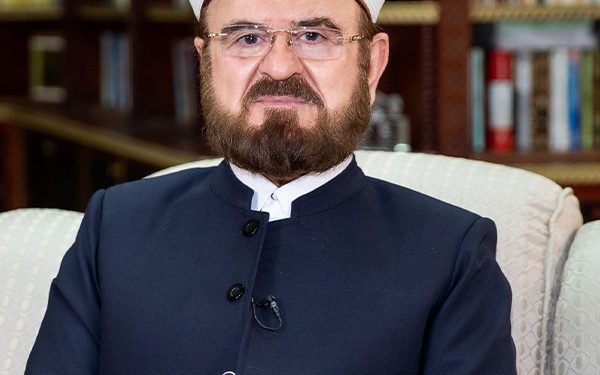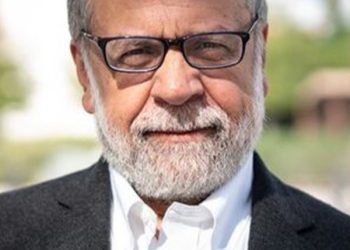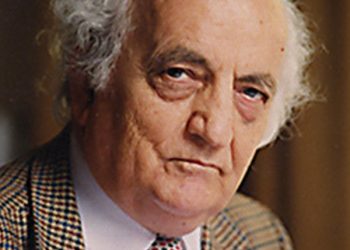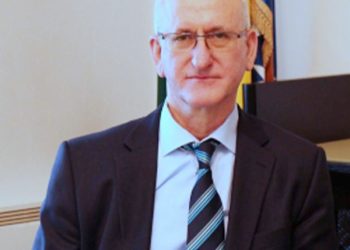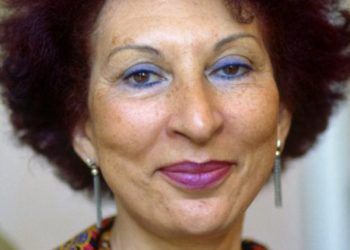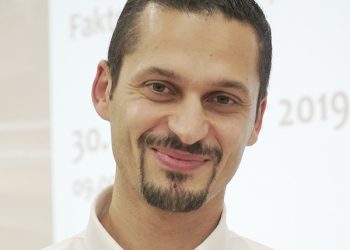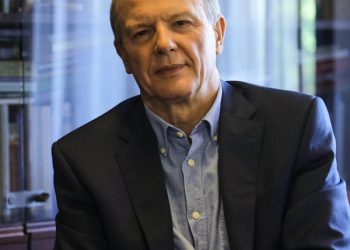Sheikh Dr. Ali Mohiuddin Al-Qaradaghi, born in 1949 in Montenegro, Iraq, is the Secretary General of the International Union of Muslim Scholars. He is a member of several Islamic organizations, including the Tehran Union of Muslim Schools, the International Islamic Fiqh Academy, the Organization of Islamic Cooperation, and the European Fatwa and Research Council. He is the founder and chairman of the Islamic Kurdish Union, established in 1988, and the chairman of the Board of Trustees of the University of Human Development in the city of Sulaymaniyah. He is the chairman of the Sharia supervisory board of Qatar First Bank (QFB) and a member of the Sharia supervisory boards of several Islamic institutions and banks, including Qatar National Bank, Dubai Islamic Bank, Doha Bank Islamic Branch, Qatar Insurance, Gulf Investment House. He holds a bachelor’s degree in Shariah from Baghdad University and a PhD from Al-Azhar University in Cairo.
He is the author of very few works on Islamic economics and comparative law. He has published many research articles on current issues in Islamic finance and banking. He has published more than eight books on various topics, including Islamic law and Islamic thought, and has six new books in various stages of publication. In addition to his academic publications, Al-Qaradaghi’s positions are largely in the practical areas of Islamic law, fatwa and ijtihad. He has endeavored to provide an Islamic perspective on contemporary developments and challenges such as biomedical, technological, financial, and other developments that are rapidly advancing (His Eminence Prof. Dr. Ali Muhieddin Al-Qaradaghi, n.d.).
Published in 2016, Formulating Ethical Principles in the Light of Higher Sharia Goals and Criteria aims to develop an Islamic perspective on biomedical ethics. To the basic principles of Shari’ah, namely the protection of religion, life, property, progeny, honor, and intellect, he adds two more principles, namely the protection of the integrity of the legitimate state and society. In the second part, biomedical principles are included and biomedical ethics is explained by adhering to the principles of certainty, doubt, invalidity and no harm (Al-Qaradaghi, 2018). In 2017, his work Sharia as a Framework for Addressing Contemporary Environmental Challenges aimed to build an ecological theory on the preservation of environmental balance by referring to the provisions of the Qur’an and Sunnah on environmental protection.
The book concludes that according to Maqasid al-Sharia, the most fundamental element that makes it possible to protect life, generation, intellect and property is the protection of the environment, and the protection of the environmental balance is presented as a fundamental factor for the survival of all societies. Published in 2019, The Higher Goals of Islamic Finance (Maqāṣid al-Shari’a) is a work that attempts to answer the question of how the goals of the Shari’a and finance relate to the individual, the state and society. Among the topics discussed in the book are how much progress has been made so far with initiatives such as Islamic banks or Islamic development banks under the name of Islamic finance, and how Islamic finance has a paradigm that can be a reference to mainstream economics and finance (Al Qaradaqhi & Abozaid, 2017).”
References
Al-Qaradaghi, A. (2018). Formulating Ethical Principles in Light of the Higher Objectives of Sharia and Their Criteria. Islamic Perspectives On The Principles of Biomedıcal Ethics: Muslim Religious Scholars and Biomedical Scientists in Face-To-Face Dialogue with Western Bioethicists (pp. 317-339). https://doi.org/10.1142/9781786340481_0015
Al Qaradaqhi, A. & Abozaid, A. (2017). The Higher Objective of Islamic Finance. F. Jomaa Ahmed (Ed.), Islam and Applied Ethics. Hamad Bin Khalifa University Press.
Safwa Islamic Bank (n.d.). His Eminece Prof. Dr. Ali Muhieddin Al-Qaradaghi. Retrieved from March 1, 2022, https://www.safwabank.com/en/members/professor-ali-mahey-al-deen-algurdaghy/





































